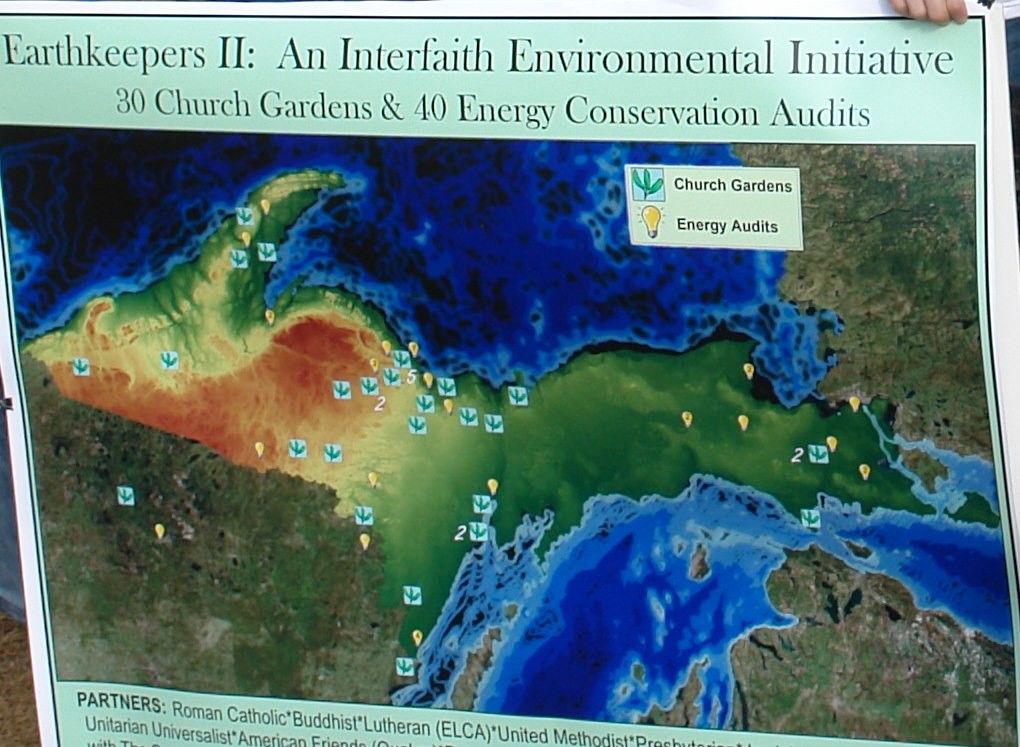Discover essential home energy audit tips to not only save money but also enhance your living environment. Did you know that a simple audit can uncover hidden energy leaks that could be costing you hundreds of dollars annually? Dive into our comprehensive guide to learn how you can perform a professional-level energy audit from the comfort of your home. Uncover the secrets to a more energy-efficient and cost-effective household today.
Identifying common energy wastes in your home is the first step towards creating a more energy-efficient environment. Many homes lose energy through outdated appliances, poor insulation, and inefficient heating and cooling systems. Drafty windows and doors are also significant culprits, allowing heated or cooled air to escape. Furthermore, leaving electronics plugged in and lights on when not in use can contribute to unnecessary energy consumption. By recognizing these common issues, homeowners can take proactive steps to reduce their energy usage and lower their utility bills.
Conducting a DIY energy audit is a practical way to assess your home's energy efficiency. Start by examining your home's insulation, checking for leaks around doors and windows, and ensuring your attic and basement are properly insulated. Next, inspect your heating and cooling systems for any signs of inefficiency and consider their age and condition. Evaluate your appliances and electronics, noting if they're energy-efficient models. Check all light fixtures to see if they're using LED bulbs, which consume less energy. Finally, review your utility bills to identify any unusual spikes in energy usage, which can indicate areas needing attention. By following these steps, homeowners can pinpoint specific issues and prioritize improvements.
| Additional Energy-Saving Tips |
|---|
| Plant shade trees strategically around your home to reduce cooling costs in the summer. |
| Upgrade to high-performance windows to improve insulation and reduce energy bills. |
| Seal heating and cooling ducts to improve the efficiency of your HVAC system by up to 20%. |
| Use thermal curtains to insulate windows and reduce heat loss during winter. |
| Install solar panels to generate your own renewable energy and reduce dependency on the grid. |
| Utilize a rain barrel to collect rainwater for gardening, reducing the need for tap water. |
| Adopt a smart home system to automate energy savings through intelligent device management. |
| Invest in a tankless water heater for more efficient hot water use on demand, reducing energy waste. |
| Ensure your refrigerator and freezer are not overfilled, allowing air to circulate efficiently and reduce energy use. |
| Opt for natural cleaning products that require less water to rinse away, contributing to water conservation. |
While a DIY energy audit can be effective for identifying obvious energy leaks and inefficiencies, there are scenarios where calling in professional auditors is advisable. Professionals come equipped with specialized tools and possess the expertise to conduct a comprehensive examination of your home's energy usage. This includes thermal imaging to detect hidden leaks, blower door tests to assess the airtightness of your home, and detailed inspections of insulation, HVAC systems, and electrical systems. Consider hiring a professional if your energy bills are consistently high despite making preliminary fixes, your home is over a decade old and has never been audited, or if you're planning significant renovations. A professional audit not only pinpoints where your home is losing energy but also provides a prioritized list of energy-saving recommendations, complete with estimated savings. This can guide you in making informed decisions on where to invest in your home for the greatest energy efficiency gains.

Embarking on a home energy audit can uncover not just immediate ways to save money and enhance efficiency, but it can also highlight the need for long-term investments that pay off significantly over time. One prime example is assessing your home's insulation. Proper insulation is crucial for maintaining a comfortable indoor environment and minimizing energy loss. However, over time, existing insulation may become less effective due to various factors such as age, moisture, or pest damage. Upgrading your insulation based on the recommendations from a home energy audit can lead to substantial energy savings and improve the overall comfort of your home. Whether you're curious about the signs that indicate it's time to upgrade your insulation or seeking tips on how to improve your existing insulation efficiently, discovering how to improve existing insulation can be your next step towards a more energy-efficient home.
The U.S. Department of Energy provides valuable resources at https://www.energy.gov/energysaver/home-energy-audits.
After identifying areas of energy waste in your home and possibly consulting with professional auditors, the next step is to implement energy-saving solutions. These can range from quick, low-cost fixes to more significant, long-term investments. Starting with simple changes like replacing incandescent bulbs with LED lights can make a noticeable difference in your energy consumption. Sealing leaks around doors and windows with weather stripping is another cost-effective measure. For long-term savings, consider investing in high-efficiency appliances, upgrading to a smart thermostat, or installing solar panels. These improvements not only reduce your carbon footprint but can also significantly lower your energy bills over time. Remember, the journey to a more energy-efficient home is a step-by-step process that pays off in both comfort and cost savings.